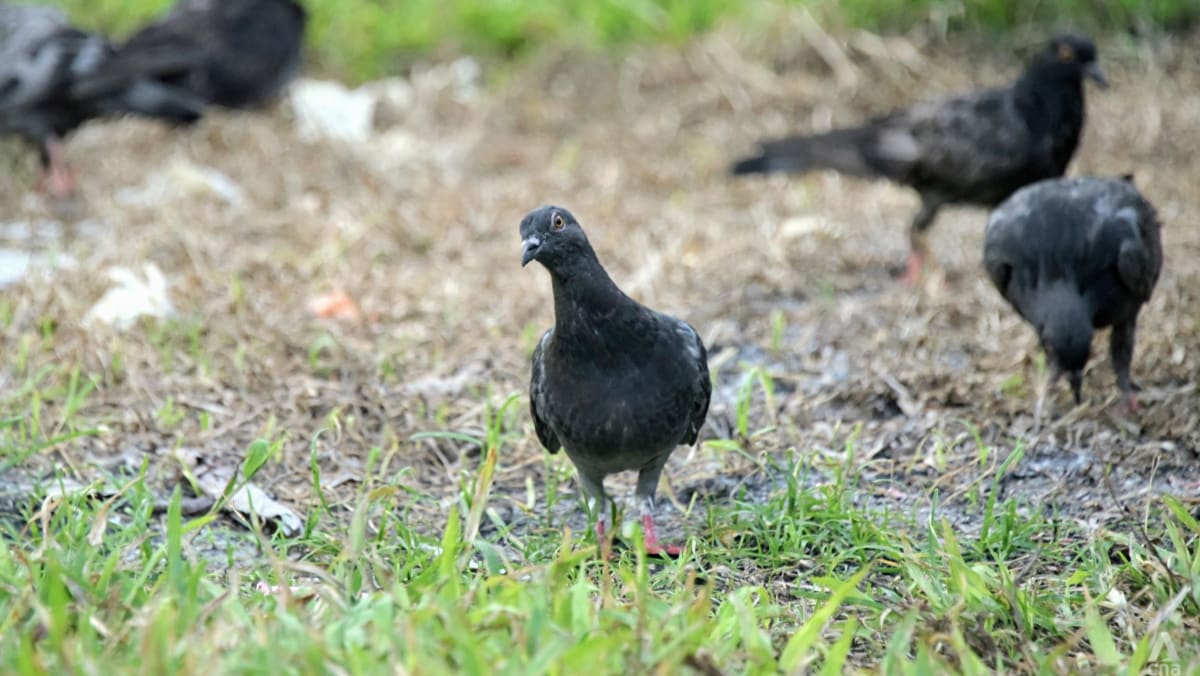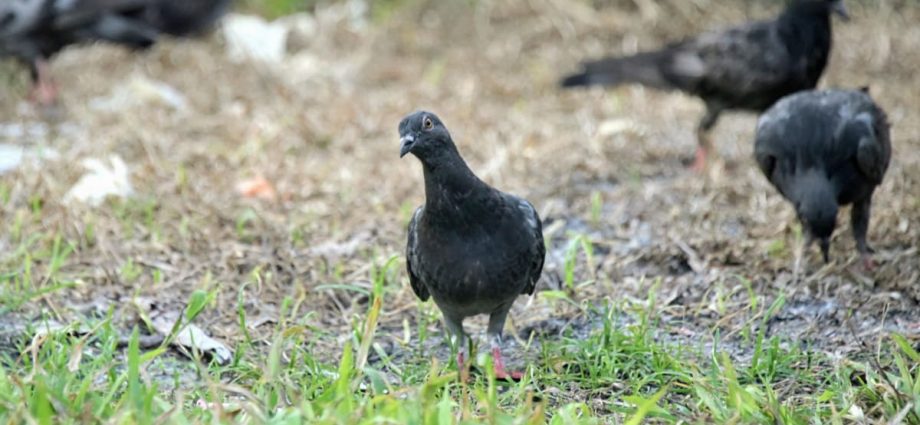
SINGAPORE: A man who was previously fined by the court for feeding pigeons was again caught for a similar offence.
He threw slices of bread on the pavement and grass verge, and despite being told that it is an offence to feed wildlife without written approval, the man continued to do so on 15 other occasions.
Singaporean V Rajandran, 67, was fined S$4,800 by a court on Friday (Jul 21) for four charges under the Wildlife Act. Another 12 charges were taken into consideration.
Rajandran paid the fine in full. If he did not pay the fine, he would have had to serve 16 days’ jail in default.
The court heard that enforcement officers spotted Rajandran in the vicinity of Aljunied Crescent on the morning of Aug 26, 2022.
Rajandran was feeding birds by throwing slices of bread on the pavement and grass verge.
The officers told him that it was an offence, but he continued to feed birds on another 15 occasions, with the last being in December 2022.
He would buy about S$20 to S$30 worth of bread each time, or take rice from his leftover meals to feed the birds around the Geylang area.
Despite repeated engagement from enforcement officers asking him to stop, Rajandran continued to feed the birds.
The court heard that Rajandran was fined S$450 in February 2018 for flouting the Animals and Birds (Pigeons) Rules. In January 2020, he was fined another S$500 for feeding stray pigeons.
The prosecutor from the National Parks Board (NParks) asked for a fine of between S$4,800 and S$5,600 for Rajandran, noting that he had been convicted of similar offences before and faces 16 charges in total.
He had just been fined S$3,700 earlier on Friday for littering, noted the prosecutor.
Rajandran was unrepresented and listened to proceedings quietly.
When asked if he had anything to say in mitigation, he said: “Nothing to say.”
The offence of intentionally feeding wildlife is punishable by a fine of up to S$5,000 for first-time offenders. Repeat offenders face fines of up to S$10,000.
The Wildlife Act defines wildlife as “an animal that belongs to a wildlife species, and includes the young or egg of the animal”.

